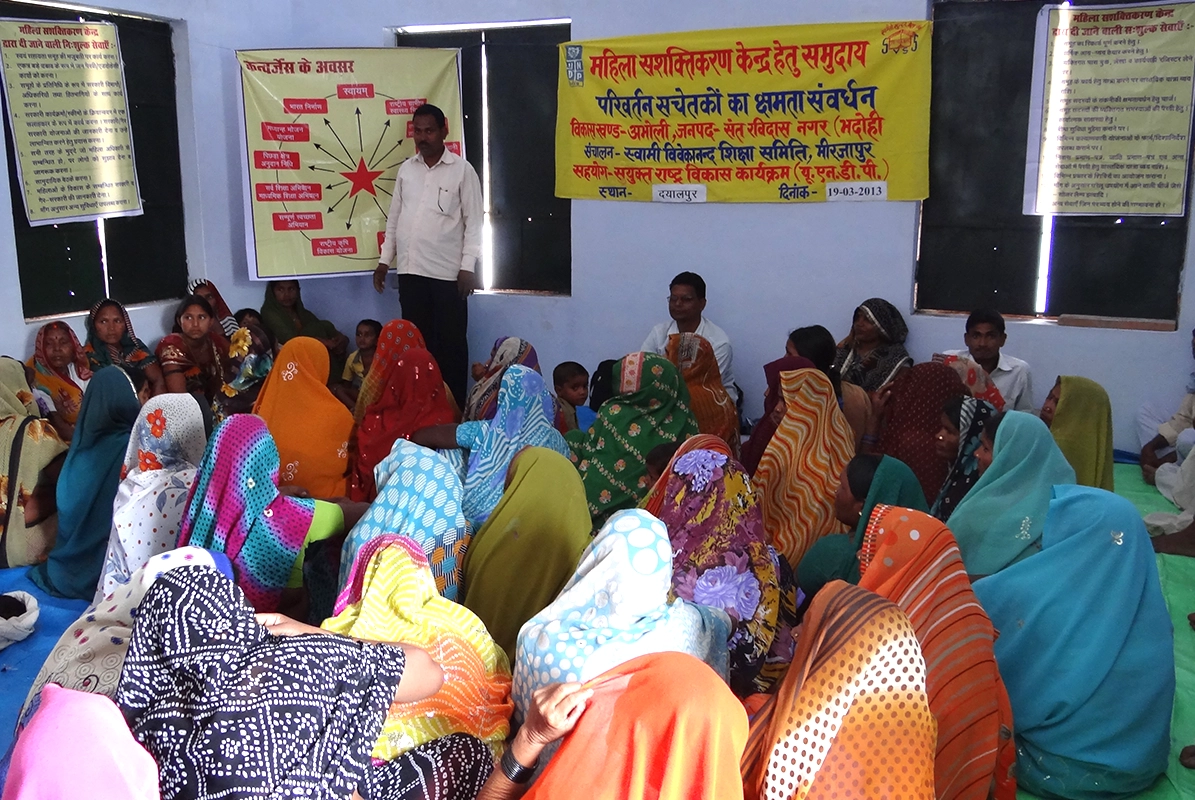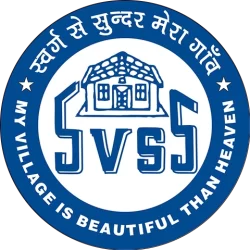Women Empowerment Centre

SVSS aims to establish a society that upholds the principles of social justice, providing equal opportunities for growth while maintaining a balance. To achieve this, SVSS advocates for the promotion of socio-economic development among all individuals, regardless of their gender, religious orientation, ethnicity, or caste. While economic development is a primary focus, SVSS also recognizes that the development of health and education services not only complements economic growth but is also instrumental to it.
It is believed by SVSS that a society cannot be considered progressive if women are deprived of their rights and do not receive the same level of respect as their male counterparts. In such a society, women live in constant fear of violence and harassment, hindering overall progress. Therefore, the status of women and girls is regarded as a crucial factor in determining the extent of growth opportunities within a society. Consequently, women empowerment and the prevention of violence against women stand as core objectives for SVSS. Additionally, gender equity and women empowerment are considered overarching concerns in all interventions undertaken by SVSS.
SVSS serves as the primary facilitator in establishing the Women Empowerment Centre (WECs) in the Abholi block of district-SRN (Bhadohi). Previously, the organization piloted the same concept of WECs in the City Block of district-Mirzapur. This innovative concept of WECs emerged as part of the ‘Swaayam Women Empowerment Project,’ which is supported by UNDP-IKEA and encompasses various dimensions of women’s empowerment, including social, economic, political, and legal aspects.
Until now, the process of women’s empowerment has primarily revolved around mobilizing women into groups such as Self-Help Groups (SHGs) and establishing strong collectives like SHG Federations in the social domain. In the economic domain, women-led institutions like Producer Companies have played a significant role, while in the political and legal domain, networks of Elected Women Representatives (EWRs) have been instrumental.
However, the Women Empowerment Centers (WECs) differ in several ways. They provide decentralized facilities for social, economic, political, and legal empowerment processes, benefiting not only SHG women but also other women from the community. Unlike the previous project concept, which focused on SHG-based interventions facilitated by civil society organizations and technical resource agencies under the supervision of UNDP, WECs encompass all aspects of women’s empowerment under one roof, operating as a single-window mode. In this project 10000 beneficiaries were covered this project.
